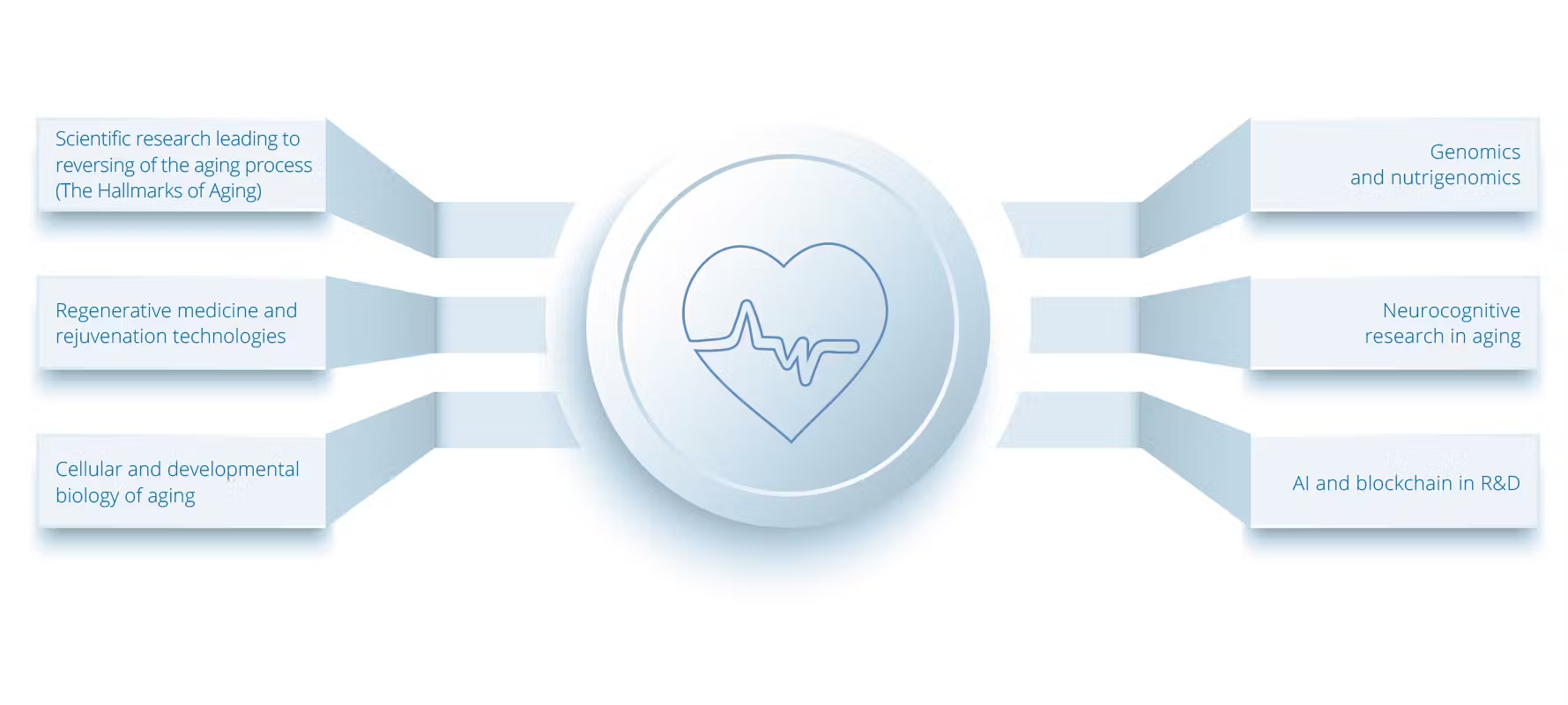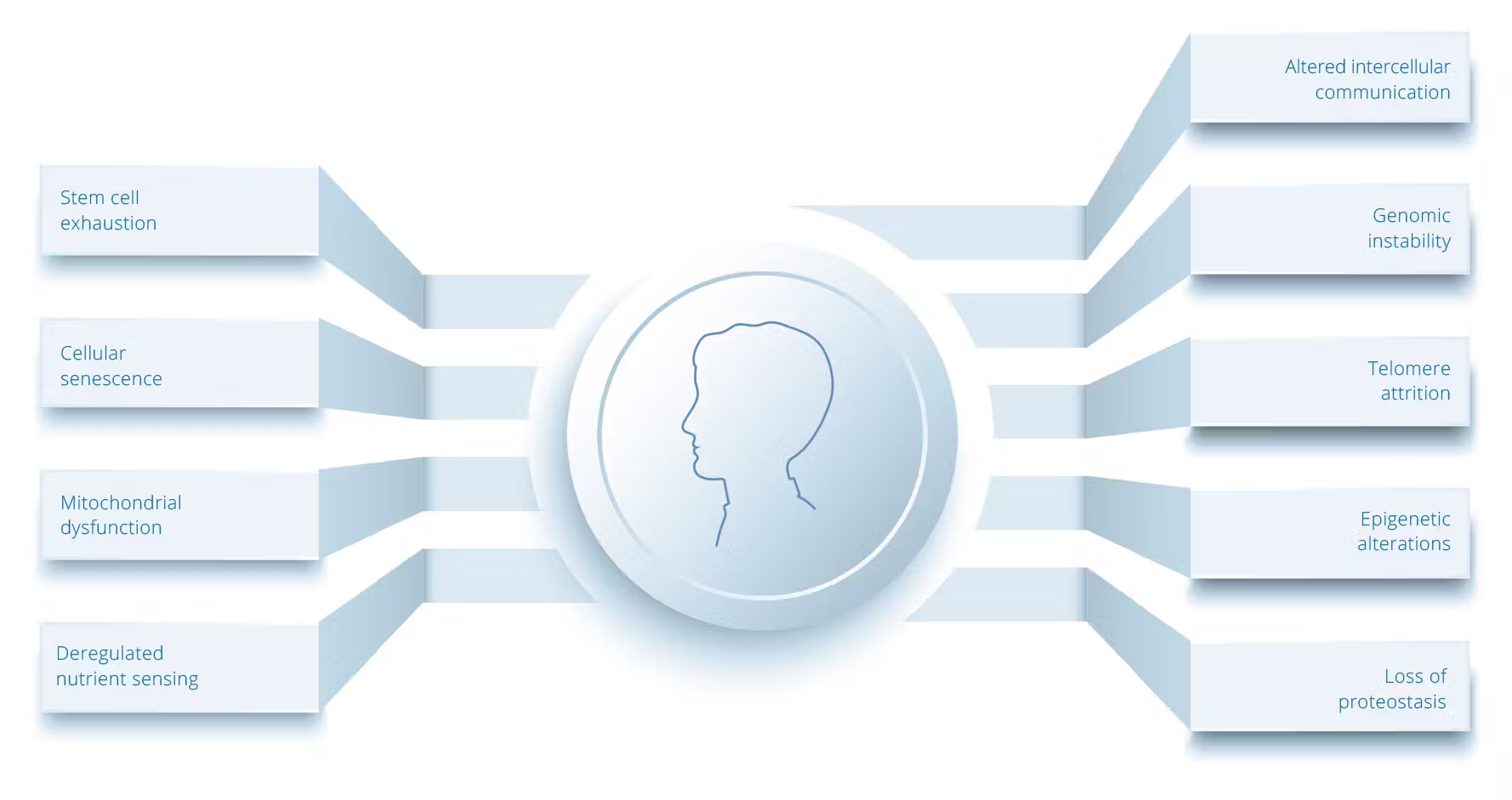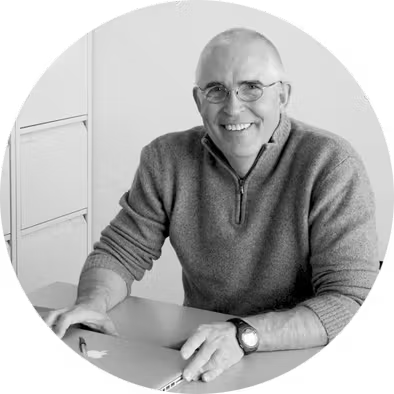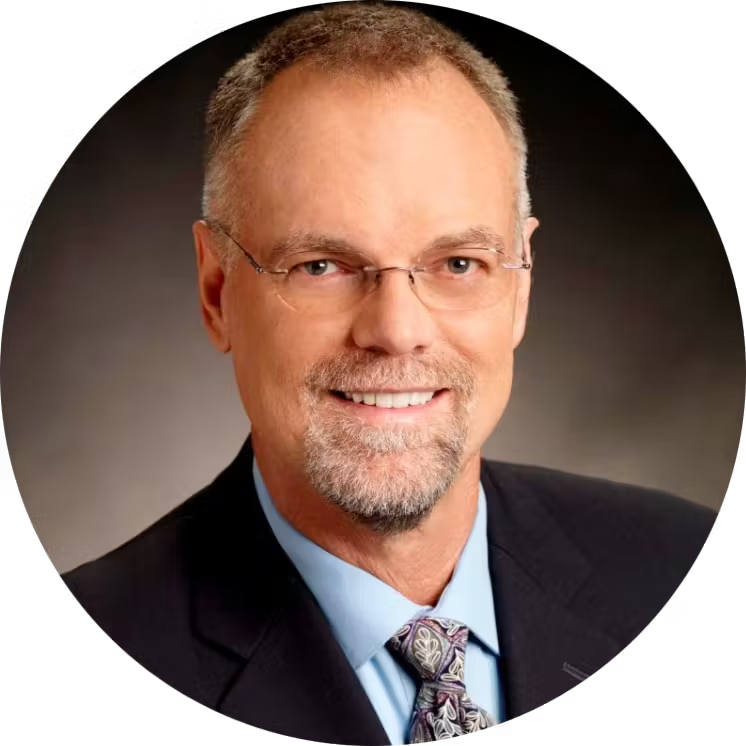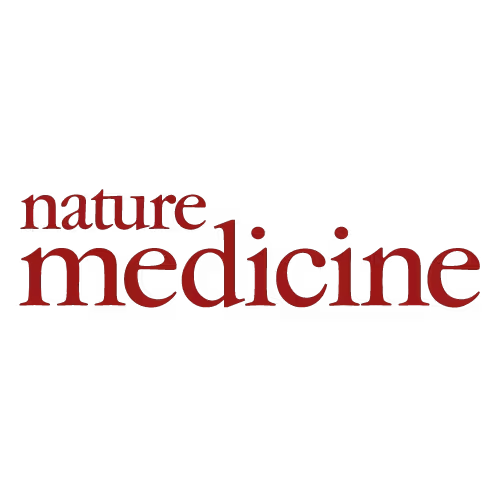Age Science
Why do we age? What are the causes of aging? What are the current trends in research and technology leading to an increase in healthy life span?
Scientists all over the world are developing technologies to prevent and possibly reverse aging as a root cause of all age-related disorders including Alzheimer’s disease, dementia, cardiovascular diseases, diabetes and cancer.
One of the most important steps in combating aging lies in answering the fundamental question of why we age and what can be done about it. There is currently no universal way of quantifying biological aging. Neither are the mechanisms of aging yet fully understood.
Currently, there is also no agreed set of aging biomarkers that would be accepted by the entire aging research community, and no single biomarker that can sufficiently reflect the complexity of the aging processes and mechanisms.
Closer cooperation between research, medical and a cross-sector of the business community will support progress in this area and hopefully lead to the development of new age reversal treatments.
One of the biggest challenges of the longevity community is how to make interventions that reverse biological aging widely available and affordable. This would potentially be one of the most disruptive opportunities which will change our approach to healthcare in the future.
Our Priority Areas:
Our Priority Areas:
Aging is characterized by complex and intraindividual process associated with the following cellular and molecular hallmarks:
Source: The Hallmarks of Aging, Carlos López-Otín, Maria A. Blasco, Linda Partridge, Manuel Serrano and Guido Kroemer, Cell. 2013

